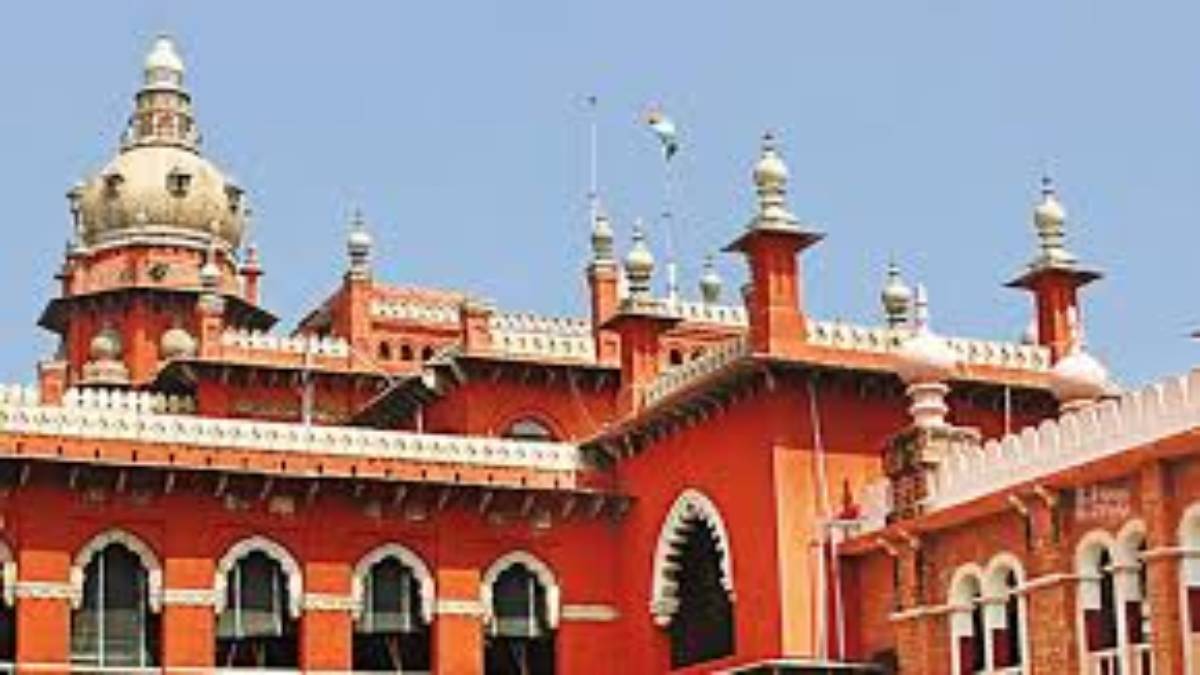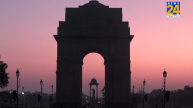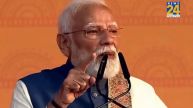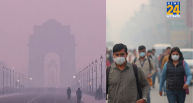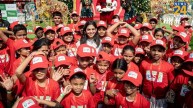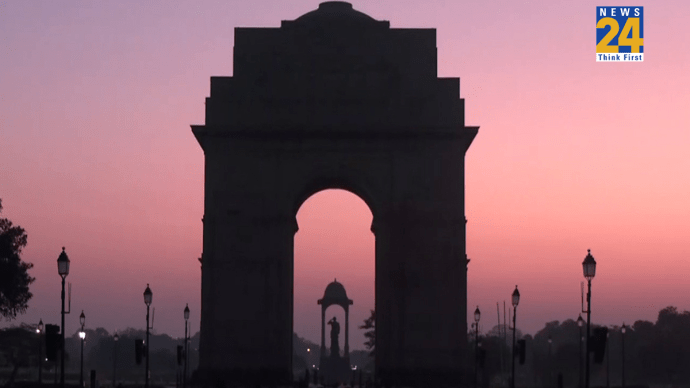The Madras High Court ruled that if the right to privacy includes sexual and gender orientation, it must also include one’s spiritual orientation. The court allowed a man to roll over (angapradakshanam) banana leaves after devotees had eaten at a place of worship in Karur district. Justice G R Swaminathan of the HC’s Madurai bench referred to the man’s belief—that rolling over banana leaves left by devotees who participated in a community feast would bring him spiritual benefit—as his “spiritual orientation.” He stated, “It is open to a person to express this orientation in the manner he deems fit, provided it does not affect the rights and freedoms of others. As long as this boundary is not crossed, neither the state nor the courts can impinge on one’s actions.”
This ruling stemmed from a petition filed by P Naveen Kumar, a devotee of Sri Sadasiva Brahmendral, who is believed to have attained “jeeva samaadhi” at Nerur village, Karur district. On his Jeeva Samaadhi day, followers of Sri Sadasiva Brahmendral have performed the roll-over for several decades. However, in 2015, the Madras HC banned the practice and directed authorities to prevent anyone from performing “angapradakshanam” on banana leaves left after meals. Naveen Kumar argued that this ritual had been practiced for 120 years and that he had vowed to perform it on May 18.
Justice Swaminathan agreed with Naveen Kumar, affirming that the petitioner had a guaranteed fundamental right under Article 25(1) of the Constitution to carry out the religious vow he had undertaken. He also cited Article 19(1)(d), which grants all citizens the right to move freely throughout India, noting that this right includes angapradakshanam. Furthermore, he observed that the 2015 HC ban was issued without hearing the necessary parties and declared the order “null and void.”
Also Read: Priyanka Gandhi Reveals Reasons For Not Contesting Lok Sabha Polls

